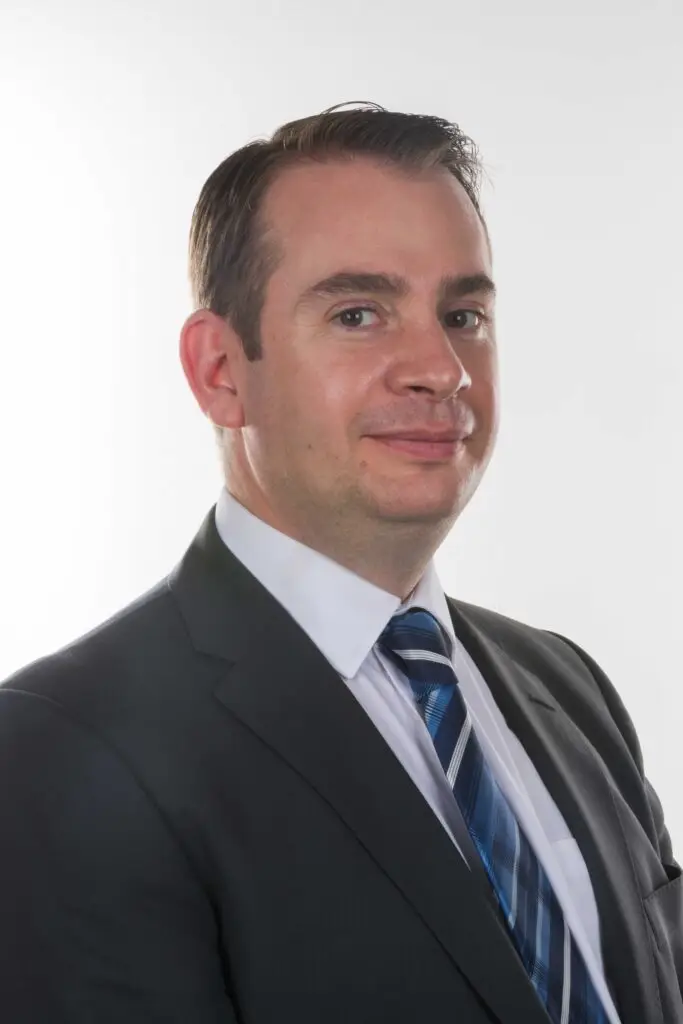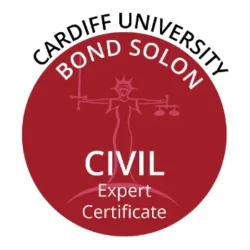MedicoLegal

Scope of Practice
and Expertise
Mr Fawdington is a Consultant Trauma and Orthopaedic (T&O) Surgeon working in a Major Trauma Centre that receives tertiary referrals for civilian and military patients. His clinical practice involves both upper and lower limb surgery managing complex trauma, malunions, nonunions, infection and metastatic bone disease. His elective practice focusses on hand and wrist pathology and upper limb conditions.
He has fellowships in Hand Surgery and Lower Limb Complex Trauma Reconstruction. He has a Masters Degree with merit in Hand Surgery and has passed the Cardiff University Bond Solon (CUBS) Expert Witness Certificate.
Mr Fawdington has been the QE Hospital T&O department Clinical Service Lead and is a core member of the Metalwork Review Group discussing complex cases that potentially need corrective revision surgery. He is also the Clinical Lead for Metastatic Bone Disease ensuring patients receive appropriate and timely care.
What is Medical Negligence?
Medical negligence, also known as clinical negligence, occurs when a healthcare professional provides substandard care that directly results in harm or injury to a patient. To establish a claim for medical negligence, the claimant must prove three key elements:
- Duty of care
- Breach of duty
- Causation
All medical professionals have a legal duty of care to their patients, meaning they must provide treatment that meets an acceptable standard. When this duty is breached – such as through a misdiagnosis, surgical error, improper treatment, or failure to obtain informed consent – it may constitute medical negligence. For example, if a surgeon operates on the wrong limb or a doctor fails to diagnose a life-threatening condition that any competent professional would have identified, these may be considered breaches of duty.
Breach of duty alone, however, is not sufficient to establish a claim. The claimant must also demonstrate causation, which means proving that the breach directly caused or significantly contributed to the harm suffered. This can sometimes be complex, particularly when the patient already has an underlying condition. For instance, if a delay in diagnosing cancer results in the disease progressing to a more advanced and untreatable stage, the patient must show that the delay, rather than the natural course of the illness, led to the worsened outcome.
In medical negligence cases, the Court relies on the expertise of medical expert witnesses to assess whether the standard of care provided fell below what is reasonably expected and whether this failure caused harm. A medical expert witness is typically a consultant or specialist with experience in the relevant field who is instructed to provide an independent opinion on the case. Their role is governed by Civil Procedure Rule 35 (CPR 35), which outlines their duties and obligations. Regardless of whether the expert is instructed by the claimant or the defendant, their primary duty is to the Court rather than the party who hires them. This means their report must be impartial, unbiased, and based on sound medical evidence.
A CPR 35 compliant expert report must include a detailed analysis of the case, reference relevant medical guidelines, and provide a reasoned conclusion on whether the standard of care fell below what a competent practitioner would have provided. The report must also address causation, determining whether the alleged breach directly led to the patient’s harm. If required, the expert may be called to give oral evidence in court, where they will be cross-examined by both parties (claimant and defendant representatives).
Medical negligence claims can be complex and require thorough investigation, making the role of a medical expert witness crucial in helping the court reach a fair and just decision. Their expertise ensures that claims are assessed based on medical facts rather than speculation, ultimately upholding the integrity of the legal process and ensuring that patients who have genuinely suffered due to negligence receive appropriate compensation while protecting healthcare professionals from unfounded claims.
Mr Fawdington understands how stressful the process can be for patients that have unfortunately had a potentially poor outcome. If you are a patient (or client) that has been asked to see Mr Fawdington for an Expert Witness Report you will be treated with kindness and compassion.
Instructing advocates & solicitors
To obtain a copy of Mr Fawdington’s CV and Terms & Conditions, please request via the adjacent form

